Love thy neighbour?
While India says it is keen to initiate talks, it has not demonstrated this in anything that goes beyond statements
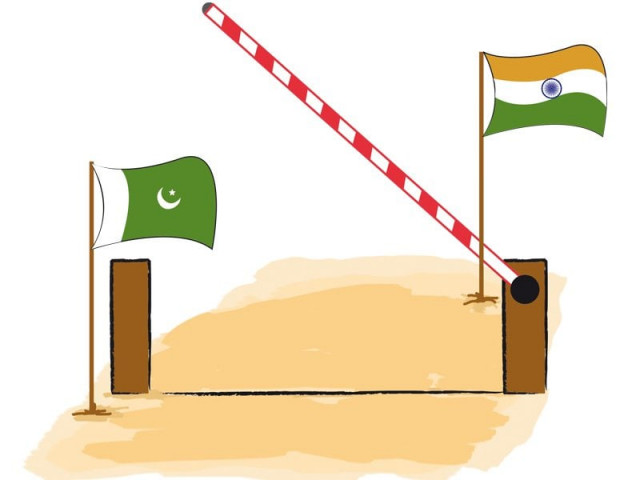
There had always been fears of a deterioration in Pakistan-India ties after Mr Modi assumed power. With hardliners extremely active, it appears this prediction is coming true. ILLUSTRATION: TALHA AHMED KHAN

Indian Home Minister Rajnath Singh has, in a press talk in New Delhi, directed blame squarely towards Pakistan, saying it had turned down overreaches made towards it and refused to give up on cross-border terrorism that India accuses it of being involved in. Predictably enough, Pakistan, of course, disagrees with this perspective with the Prime Minister’s Adviser on National Security and Foreign Affairs, Sartaj Aziz, stating that India was responsible for beginning the latest set of hostilities across the border. The problem is that these incidents of shooting destroy hopes of greater stability in the region and of a continuation of dialogue between Pakistan and India. Quite evidently, instead of finger-pointing, we need solid, mature action directed towards solving the problem and ending the shootings so that there are no further deaths and there can be some hope of things returning to something resembling normalcy. Only when this happens can a dialogue be contemplated.
Right now, while the Indian home minister has said that India was keen to initiate bilateral talks, it has not demonstrated this in anything that goes beyond statements. Certainly, India’s actions appear to be aggressive and not designed to build confidence.
One of the more dramatic among these actions took place on December 31, when a Pakistani boat was mysteriously blown up off the Gujarat shore. India claims, in what would be a rather unlikely sequence of events, that the persons aboard blew up the boat themselves, and that it was carrying explosives possibly to launch a terrorist attack in India. This account has circulated widely in the Indian media. There is now a report by an Indian journalist, stating that there is a possibility that the boat may have been carrying smugglers and there are doubts over the version being peddled by the Indian authorities. The Pakistan Fisherfolks Forum has already denied the Indian version of events and suggested this was a fishing boat blown up by the Indian security forces perhaps, by accident. Whatever the truth, India’s failure to put the facts out in the open is disturbing as are its unproven accusations. On top of this, the reaction of hardliners in India to the report by the Indian journalist that challenged the official version of events is quite disturbing. There have been protests against the journalist, with his pictures being burnt.
Most disturbing of all is the fact that hawks on both sides of the border, most notably in India, have latched on to the current situation and are making every effort to egg politicians on. There had always been fears of a deterioration in Pakistan-India ties after Mr Modi assumed power. With hardliners extremely active, it appears this prediction is coming true, and nothing could be worse for Pakistan-India relations. Mending these relations is something we badly need if we are to set a keeling ship right and sail towards less troubled waters in which peace can progress and harmony built between the two nations, which so desperately need to work together for the sake of the people who live across South Asia.
Published in The Express Tribune, January 7th, 2015.
Like Opinion & Editorial on Facebook, follow @ETOpEd on Twitter to receive all updates on all our daily pieces.


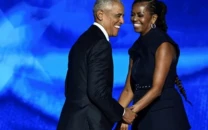
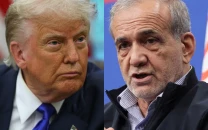
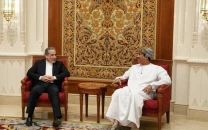

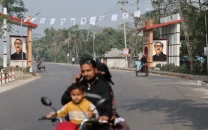












COMMENTS
Comments are moderated and generally will be posted if they are on-topic and not abusive.
For more information, please see our Comments FAQ